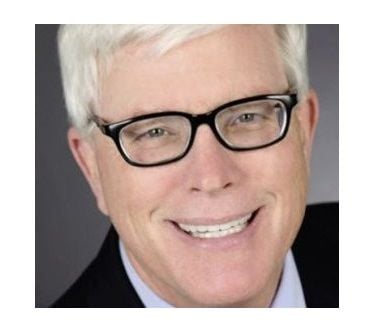
The punditocracy is so full of hot takes on the Singapore summit that it has knocked #IHOb off Twitter.
What's odd is that no one in the United States knows or can know if the summit was a complete sham or a genuine moment signaling the beginning of denuclearization akin to South Africa's or Ukraine's or even Libya's capitulation on weapons of mass destruction.
Sen. Tom Cotton (R-Ark.) summed it up Tuesday morning on my radio program this way: "The Singapore Summit . . . was a positive step. Obviously, it's the first step in what will be a long process in the coming months.
And the proof of the pudding will be in the eating in those coming months.
Does Kim Jong Un follow through on his commitment to denuclearize in a way that is verifiable and irreversible?
As the president himself said at his news conference, we may look back on this in a few months and say it didn't work. But because North Korea already has nuclear weapons, because they have the means to deliver them anywhere in the world, it was an important step the president took, and I think it's a way, hopefully, that we can bring peace to Northeast Asia and remove a terrible threat from the American people."
Sen. Lindsey O. Graham (R-S.C.) made another point later on the show: "If you play Donald Trump," Graham said, "that's the end of you." I asked Graham if cheating by Kim meant military conflict. "I think so," he replied, adding "if it doesn't mean that, we will never get a deal."
Those takes from two senators who are hawks and allies of President Trump — Cotton is probably the senator closest to the president and certainly Secretary of State Mike Pompeo's closest friend in Washington — mean much more than all pundits' views combined. And about the summit they both echoed in various ways the famous Ronald Reagan formulation: "Trust, but verify."
We have a piece of paper, and it means nothing more than the Molotov-Ribbentrop Pact of 1939 did when Germany broke it two years later by invading the Soviet Union.
If Kim launches a ballistic missile, conducts a nuclear test or impedes the verification Trump that promised in his news conference would be forthcoming, he will have forfeited his last chance.
The summit can best be understood as an elaborate setup if Trump were forced to announce military action against the rogue regime after it once again proved unreliable: "I come to you today full of sorrow," he would be able to say, "that going the extra mile, even going to Singapore did not work, and that the military action underway now was made necessary by Kim Jong Un lying to the world."
That's stark but also clearly the only alternative if North Korea cheats or delays or in any significant way departs from this commitment.
A rogue regime with an assembly line of nuclear devices is not a viable situation for the world. We can't know if Kim Jong Un understands this, but President Trump did everything he could to make the message clear and the offer of an alternative bright and enticing.
Now we wait.


 Contact The Editor
Contact The Editor
 Articles By This Author
Articles By This Author